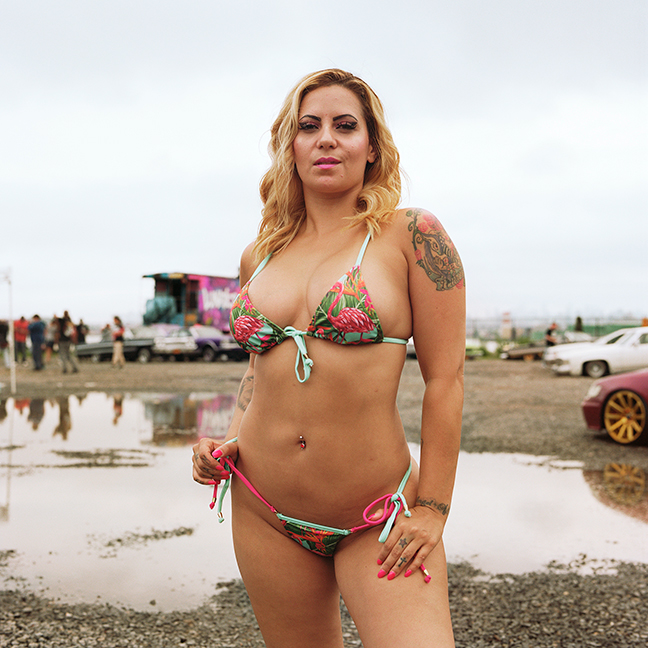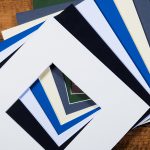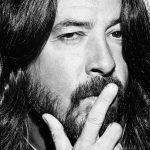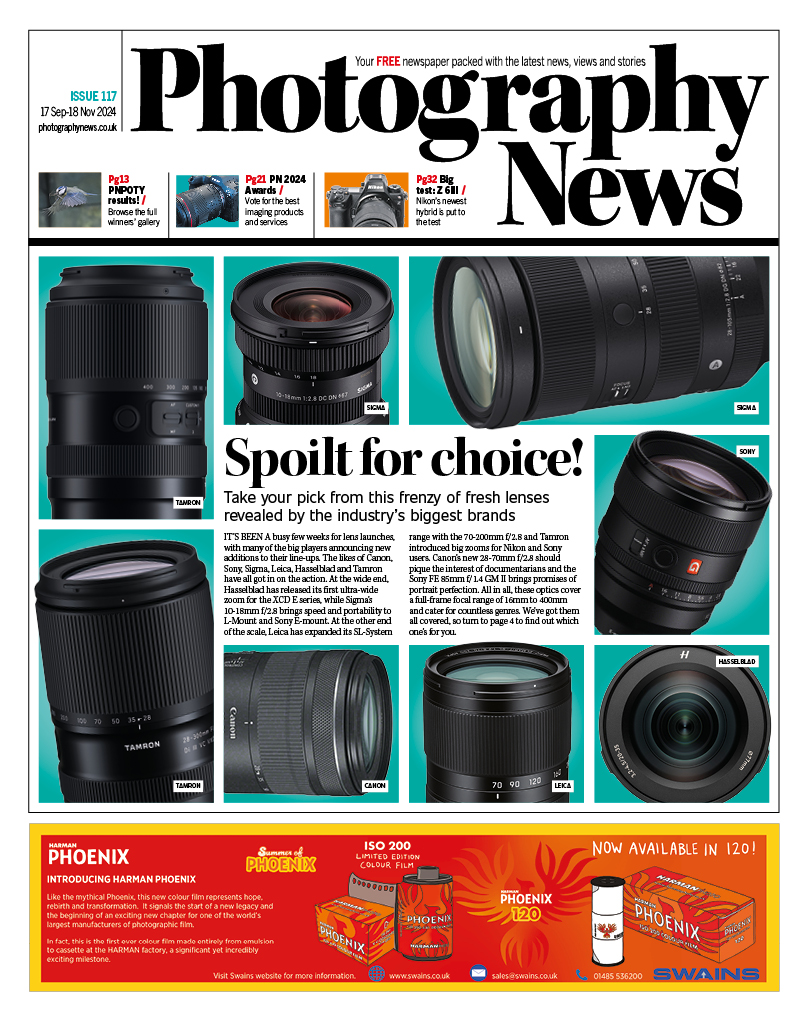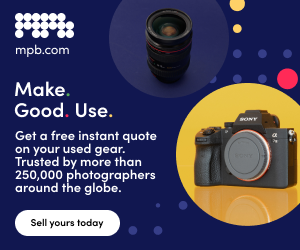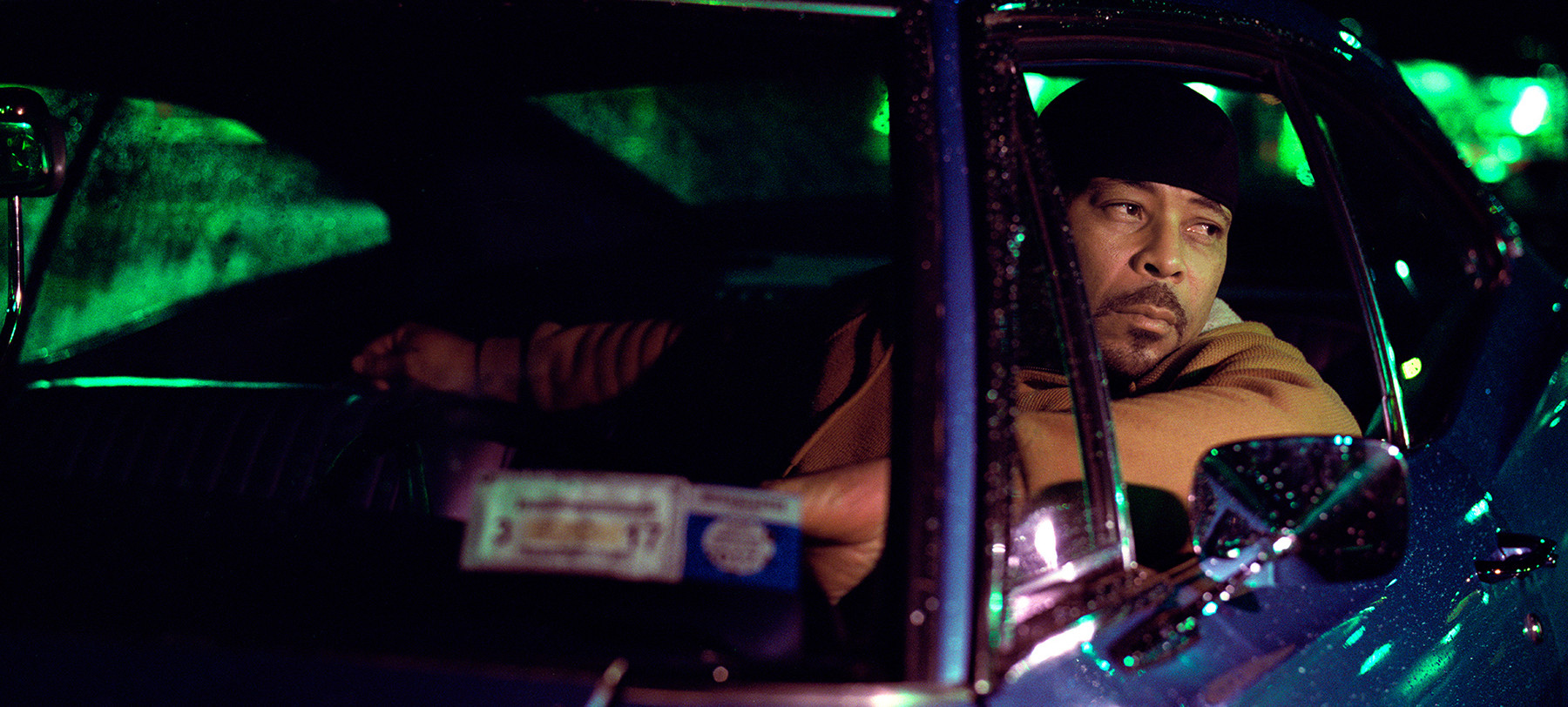
What it means to be a man
Following his latest campaign with Levi’s Jeans and Huck Magazine, Owen Harvey shares his insight into photographing masculinity, the project and his broader work
Where did your photography journey begin? What drew you to portrait photography?
My photographic journey began around ten years ago. I had been playing music prior to the point I picked up a camera, and I guess one naturally led to the other. I’d always been interested in visual arts and the idea of performance and I felt I could combine both of these things while photographing people. At first I was very interested in still, posed portraiture and, over the years, I have also become interested in capturing more candid moments as well. What drew me to portraiture initially is that I liked the idea of giving someone time in front of a camera to allow them to show themselves, in the way they wanted to be seen. I am interested in trying to turn the psychological into the visual.
It took some time and even someone else’s perspective for you to realise much of your work is about masculinity. How has your work evolved since? Do you find it’s easier to get to the heart of the subject now that you’re consciously aware?
I was always aware that I was focussing on people who were in one way or another, a reflection of myself. A photographer and friend of mine (street photographer, Matt Stuart) stated, after I’d shown him the work I was making on lowriding in America, that a lot of the work was about masculinity. At the time it was something I hadn’t given much thought to, but since it’s something that I’ve more consciously focused on. I’m trying to explore the idea of what it means to be a man in the 21st century, which is a neve- ending task in itself, as it’s very multilayered. I guess in its simplest form I am photographing other men, because I am a man and it helps to gain more perspective on others around me and, in turn, myself.
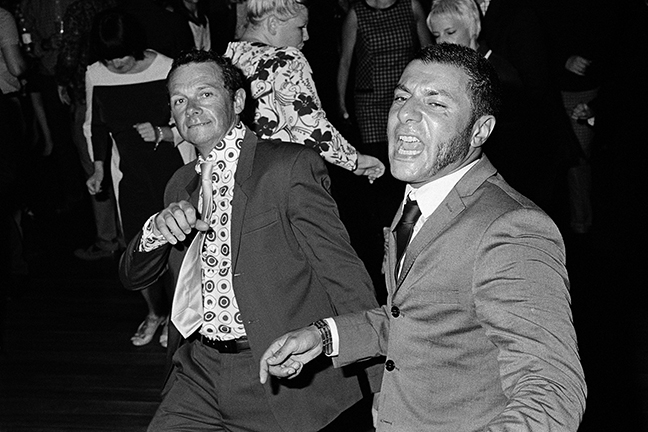
Photograph from Owen Harvey’s Mod UK series
The question of ‘what does it mean to be a man’ is clearly one you’ve been exploring for a while. Did you discover anything new through the Huck/Levi’s Here & Now project? Both within the context of the project and personally, what does the idea of ‘being a man’ mean to you?
It was a really amazing commission, as it was really an extension of my personal work. One of the most informative things about the project was hearing the two men talk about their identities, their backgrounds and how they refuse to let rigid ideas of masculinity define them. It was inspiring and informative. The project was shot across England, Germany and Russia and it was interesting to see how, between these three countries, the idea of breaking imposed social constraints were apparent and spoken of as needed. I don’t have one idea of ‘being a man’ and I don’t think there is one answer to what that means. Being a man can mean many different things to different individuals and that’s why we can only explore this subject, without any expectation of a conclusive answer.
Can you tell us a bit more about your role in the project?
I was commissioned to photograph two individuals, one in Moscow and one in Munich. There was also a short film made, in which I was followed during the process of taking the pictures.
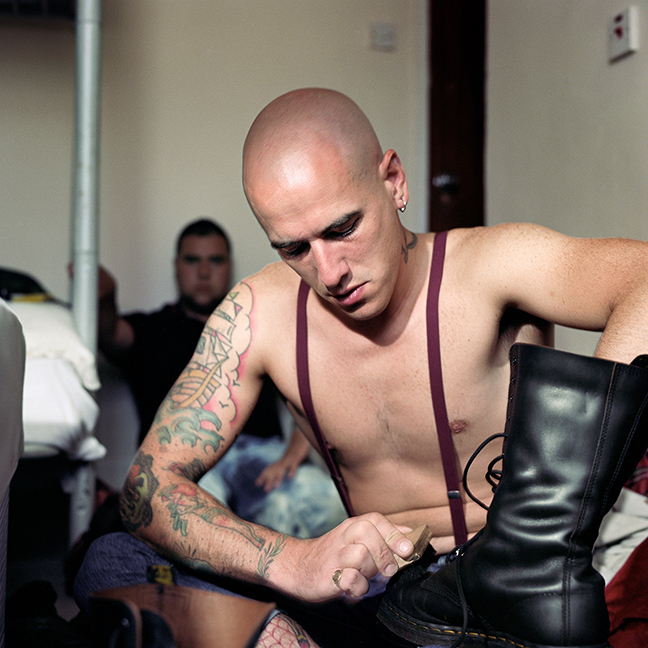
Photograph from Owen Harvey’s Skins & Suedes series
The portraits of Tofel and Kiril are very central to the project. What was your relationship like with your collaborators? How did this work in the context of the project overall?
Part of this commission brief was to get two strong portraits of both Tofel and Kiril. Due to time constraints and language barriers, it was very much about observing them over the day and trying to get an idea how they would both like to be portrayed. Both Tofel and Kiril were very open to direction and also had ideas of how they’d like to be seen. I’ve realised that sometimes it’s about giving those you are shooting more direction and on other occasions it’s about allowing them to make the decisions and, in turn, I think sometimes this can tell us a lot more about the individual.
Can you tell us what you gear you use? Why are these specific tools useful for your style of photography/techniques that you use?
I use a range of equipment, from a Canon digital, to a 35mm Nikon and a Bronica and Mamiya medium format. The equipment has always been secondary to me – the conversation and connection with someone is the most important part of a shoot. I still love to shoot film when I can, as I find with digital it’s easier to get distracted with looking at the back of a camera, which disrupts the connection between yourself and the person in front of you. Regarding lighting, again, it’s just about what’s suitable for the image I’m trying to take. This could be a reflector, multiple flashes or one off-camera flash to make harsher images. Usually I feel that I tend to keep things quite simplistic.
Photograph from Owen Harvey’s Ground Clearance series
The idea of masculinity is going through a change right now – very publicly, too. As someone who’s been examining the subject for quite some time, how have you seen it evolve? And where do you see it heading?
I think one important change is that there are more individuals who are willing to question their behaviours and push against what can feel like expectations to act in a certain way. I think these changes are positive and will result in people feeling more open-minded and free from social constraints.
Do you think your work will change as a result of this? Perhaps we’ll see fewer of the types of characters you photograph, or more?
I tend to photograph subjects and people that excite me. It may be their outlook on life, their visual aesthetic or perhaps because they are part of a wider group. Other times, I can’t explain why I may be drawn to someone, there is just something captivating about them. I feel that what I am looking for in a photo is always changing as life changes around me. As I mentioned above, I’m always looking to focus on things that feel familiar, or may in some way be a reflection of myself in that period of time. I guess the types of characters I focus on may well depend how life changes for me in the future.
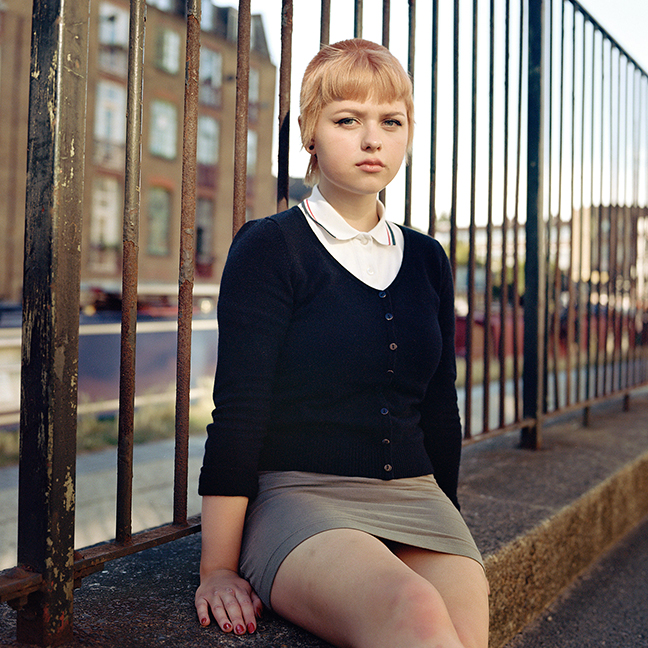
Is there something that connects all of your subjects, at least in your eyes?
Yes definitely. There’s often a need for belonging, a strong sense of identity and in many cases a fragility behind what could be seen as a tough surface.
I hear you just got back from Arles Photography Festival. How was that?
It was brilliant, I love Arles! It was nice food, friends and lots of photography. I saw lots of work that inspired me. Due to a lot of the work being made back in the sixties, seventies and eighties, Arles has a great way of reminding me to think of the bigger picture and consider how images I sometimes feel are a failure now could be interesting for different reasons in the future.
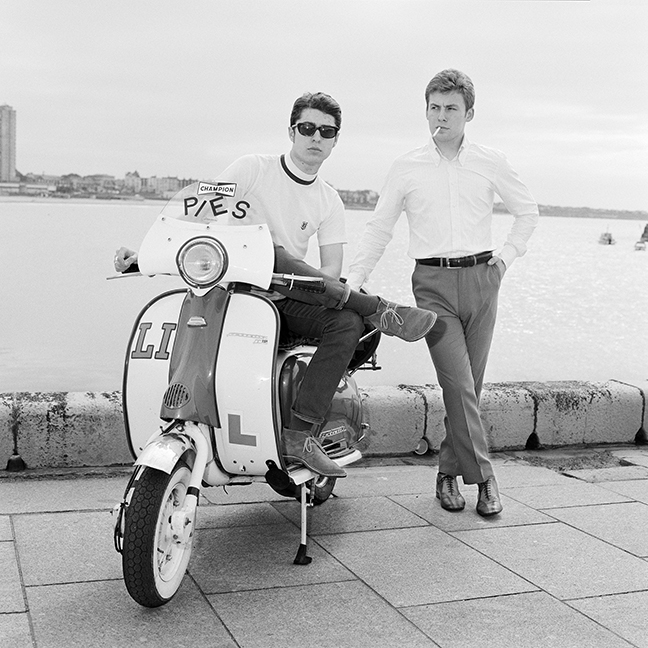
Do you have any other projects lined up? When you look towards the future, what else do you see?
I’m working on a couple of different, self-initiated photographic projects at the moment and, alongside this, starting to explore film-making more. At the moment, I look to the future and feel positive, but who knows what the future brings? That’s what keeps it exciting and what keeps me on my toes.
Find more of Owen’s work on his website.

